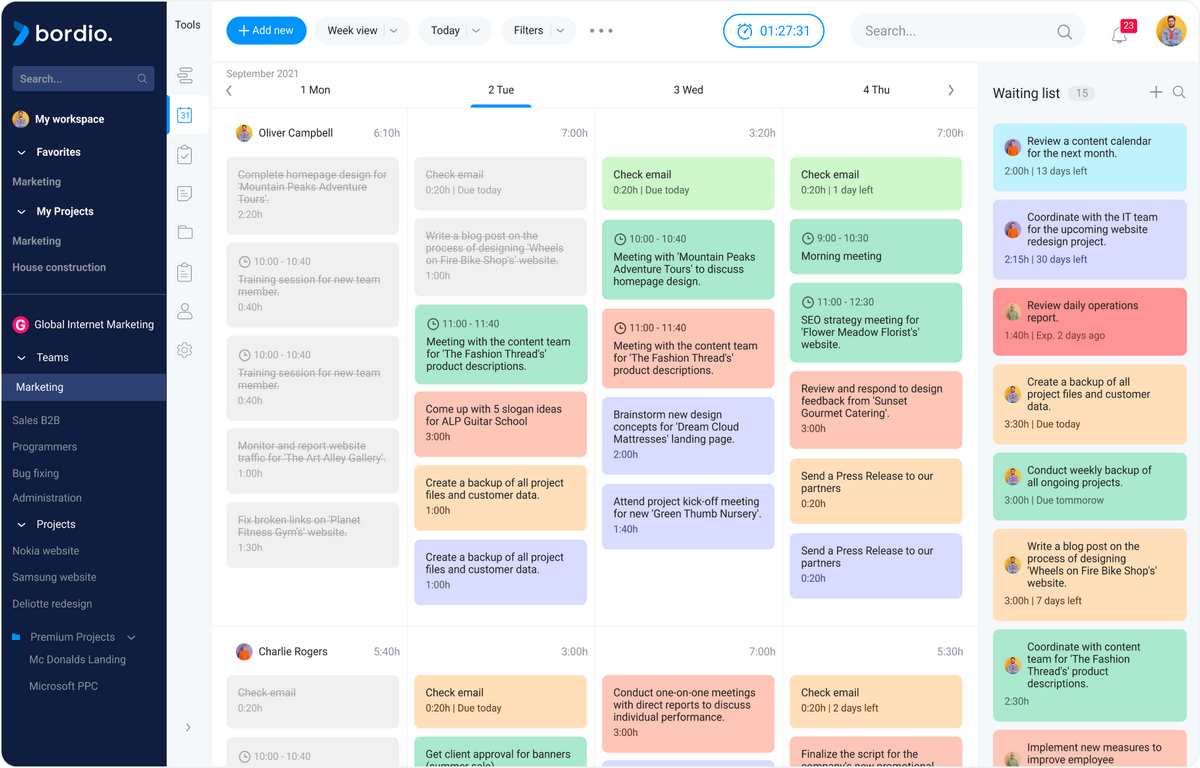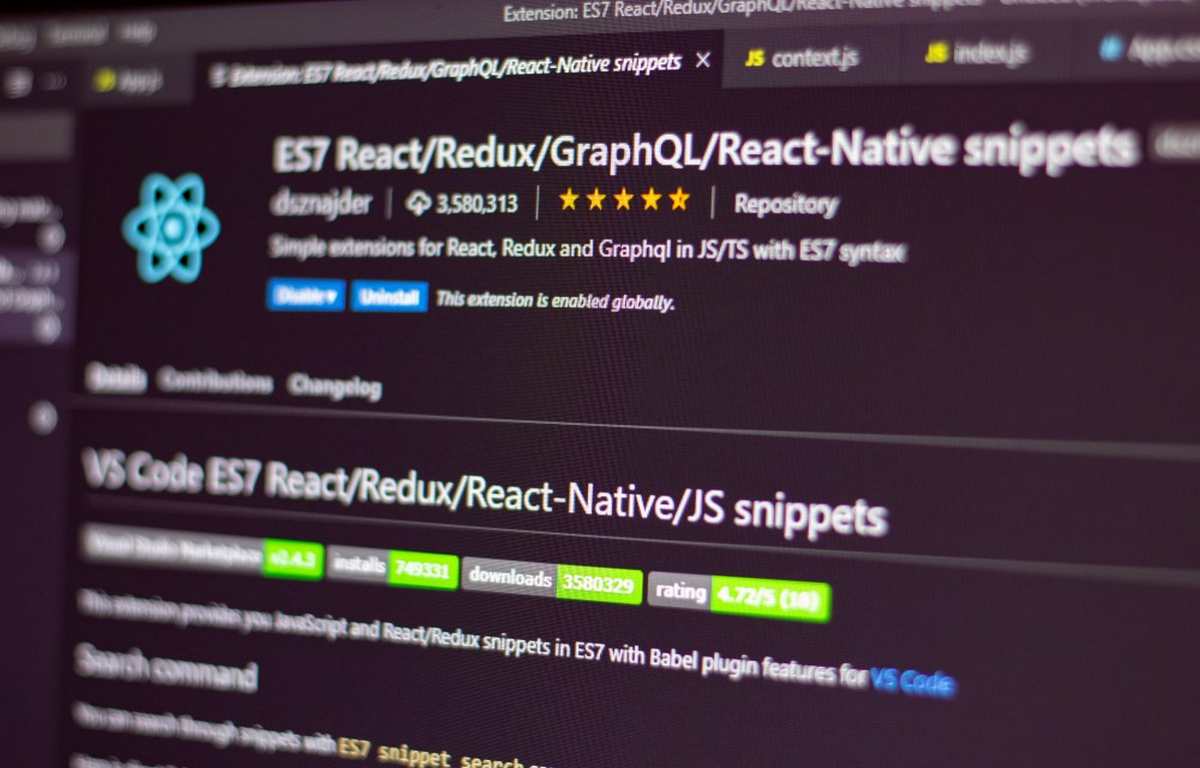React.js or Vue.js – What to Choose for Your Next Web App?
When embarking on the exciting journey of creating a web application, developers often face a dilemma: which JavaScript library to choose – React.js or Vue.js? Both are celebrated for their individual merits, making the choice less straightforward. Bordio, a major player in the tech industry and a renowned schedule builder, has placed its bets on React.js. But why? Let’s delve deeper into their decision-making process, unveiling the five pivotal reasons behind their choice:

1. Enormous Community and Dynamic Ecosystem:
React.js is a brainchild of Facebook, and, as such, it benefits from one of the most active, diverse, and dynamic communities within the JavaScript landscape. This thriving community is not just a support system but also a driving force behind the constant growth and evolution of the library, ensuring frequent updates, bug-fixing, and innovation. There are countless resources available, ranging from beginner-friendly tutorials to in-depth discussions on complex problems, a factor that might have played a crucial role in Bordio’s decision-making process.
Additional Information:
- Community-contributed libraries such as Redux, React Router, and Material-UI enrich the ecosystem.
- Conferences like React Conf, meetups, and online forums like Stack Overflow further nurture the community.
- The community continually produces high-quality educational content, including books, blogs, courses, and tutorials, on platforms like Medium, YouTube, Udemy, and Coursera.
2. Unparalleled Flexibility and Independence:

React.js abides by a “Learn once, write anywhere” rule. This approach offers developers unmatched freedom and flexibility to make strategic decisions based on their project’s unique needs, utilizing a diverse range of state management libraries and routing solutions. For developers who appreciate the autonomy to shape their project’s architecture, React.js is a dream come true.
Additional Information:
- React.js can be used with a variety of libraries, including Redux for state management, React Router for routing, and Axios for HTTP requests.
- The component-based architecture of React.js promotes code reusability and separation of concerns.
- React.js can also be used for developing native applications with React Native, offering an even greater range of possibilities.
3. Endorsement from Corporate Giants:
React.js enjoys robust backing from Facebook, one of the most influential tech behemoths worldwide. Consequently, the library is thoroughly tested in large-scale, real-world applications and regularly refined and updated. This support from Facebook instills confidence in developers and enterprises, like Bordio, who can rest assured that React.js isn’t disappearing anytime soon.
Additional Information:
- Other than Facebook, companies like Instagram, Airbnb, and WhatsApp have used React.js in their applications.
- Facebook’s commitment to React.js is reflected in its usage of the library in its products, providing a reliable testing ground for the framework.
4. Optimal Performance:
While both libraries deliver rapid and reliable performance, React.js pulls ahead due to its superior virtual DOM (Document Object Model) implementation and an array of performance optimization features. The virtual DOM enables swifter and more efficient updates and rendering, making it particularly advantageous for applications with real-time updates or high user interaction.
Additional Information:
- React’s reconciliation algorithm helps efficiently update and render components in an application.
- React’s component lifecycle methods offer developers control over different phases of the component rendering process, further optimizing performance.
5. Broad Adoption and Job Opportunities:
React.js has been embraced by a host of renowned tech firms, including Facebook, Instagram, Airbnb, and Netflix. This widespread use of React.js has led to a surge in demand for developers skilled in this library. For developers looking to boost their career prospects or companies aiming to recruit from a sizable pool of proficient developers, React.js emerges as a more appealing choice.
Additional Information:
- According to the 2023 Stack Overflow Developer Survey, React.js is one of the most loved and widely used front-end frameworks by developers.
- Job platforms like LinkedIn and Indeed show a high demand for React.js skills.
To sum it up, Vue.js, with its straightforward integration and simplicity, is a worthy contender, especially for smaller projects or developers dipping their toes into JavaScript frameworks. However, React.js, boasting a vibrant community, flexibility, strong corporate backing, enhanced performance, and broad adoption, proves to be a solid choice for creating complex and scalable web applications, much like the ones Bordio specializes in. The choice between the two hinges on your project’s unique requirements, the expertise of your team, and your long-term aspirations.